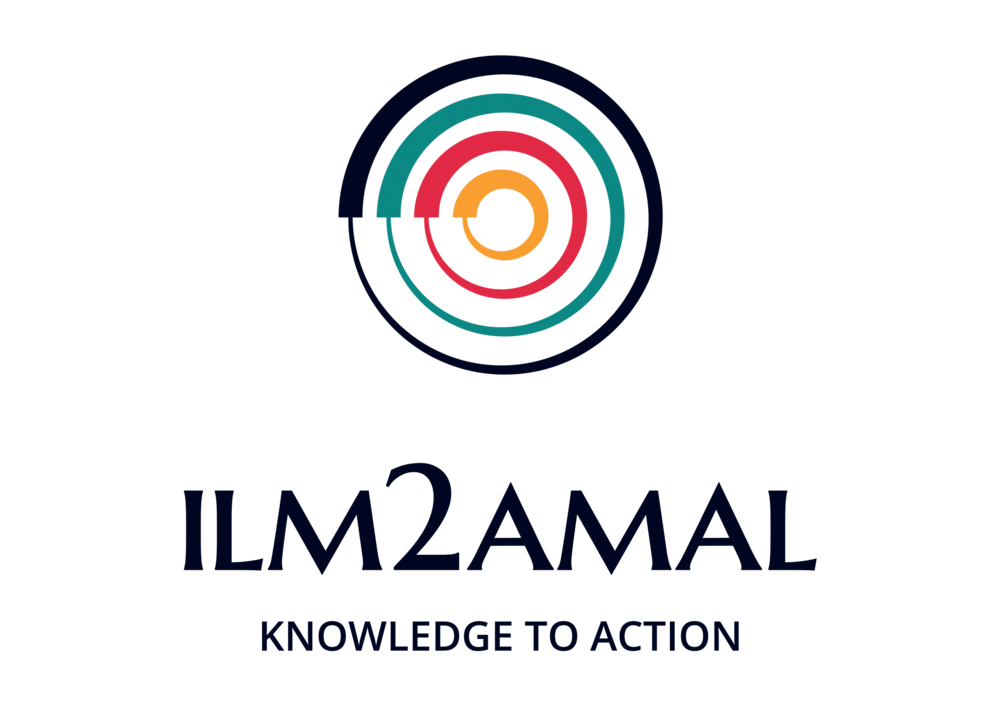Did you know that we have all experienced or been touched by trauma?
Trauma is…
“Events or circumstances experienced by an individual as physically or emotionally harmful or life-threatening, which results in adverse effects on the individual’s functioning and well-being.”
When you hear about trauma, you probably think about soldiers or war victims suffering from PTSD, people who witnessed death/murder, rape, experienced life-threatening/altering injuries, childhood abuse etc.
You’re not wrong, but what you are referring to is ‘large T’ trauma.
‘Small t’ trauma on the other hand is caused by smaller events that affect our emotional functioning. Examples are: divorce, cheating, legal and financial issues, relocation, sudden illness, stress at work and conflict in relationships.
These traumas are often overlooked and seen as minor – not worth complaining about – but over time, they accumulate and wear you down until you get to a tipping point!
We can also experience trauma indirectly.. with social media we are tuned into the suffering of people all over the world all of the time and absorbing the trauma we witness from our screens into our body.
How does trauma affect you?
We all react to trauma in different ways. That is determined by your past experiences, your beliefs, perceptions, expectations, tolerance, values and morals etc.
Not everybody develops post-trauma symptoms and not everybody’s post-trauma symptoms are the same.
Developing post-trauma symptoms does not make you weak in any way!
Some of the physical symptoms of trauma include:
· Chronic depression
· Being lethargic
· Anxiety
· Anger & irritability
· Physical ailments like stomach pains and head aches
· Feelings of emptiness
· Inability to connect with others
· Shame and unworthiness
· Running away from conflict
How does trauma affect your relationship with Allah?
The thing with trauma is that it doesn’t just affect you mentally, physically and emotionally… it can also have adverse effects on you spiritually!
Unresolved trauma literally has the ability to shape/change your relationship with Allah and your faith.
“When trauma affects your beliefs in a negatively way, it can lead to the deepening of thoughts and emotions impacting spirituality, even to the point of abandoning faith all together.” (Yaqeen Institute)
Ever had the following thoughts…
· Why does Allah hate me?
· What is the point of being alive?
· Why do I have to worship Allah?
· Allah is not on my side.
· Why is everyone happy other than me?
· Why did Allah create us if He just wants us to experience misery?
Guess what? There’s nothing wrong with you! These thoughts, questions and worries may just be normal side-effects of the spiritual impact of unresolved trauma.
The good news: these questions are entirely answerable and you can heal and grow into your faith.
Negative emotions around Salah
So, what does this have to do with Salah?
Ever experienced any of the following thoughts?
· What’s the point in praying? It doesn’t make a difference to my life. My quality of life hasn’t improved since I started praying.
· I’m just so angry all the time. At the world. At Muslims. At our scholars and Muslim leaders. Everything just puts me off from praying.
· It’s just moving up and down. I literally feel nothing when I pray. For a perfectionist like me, this feels like failure.
· I hate Salah because I came from a controlling household and Salah was just another way that I was controlled and observed.
· I hate Salah because I remember when I used to get hit/beaten by XYZ for not praying or not praying properly.
· Have you seen me? I’m such a sinful/evil person. What difference is Salah going to make to my life when I’m doing so many bad things.
· When I think of Salah, I remember the Mosque/Madrasah and being abused by my teacher.
· I used to pray all the time and I would always make Du’aa after every prayer. But God never listened to my Du’aas so I stopped praying altogether.
· I have feelings of shame and guilt associated with Salah that I can’t shrug off because I would always lie and say I had prayed when I never did.
Look out for Part 2 of this series, where we will be tackling some of these negative thoughts.

